Zimbabwe will not back down on its 51/49 percent indigenisation threshold as foreign firms have extracted minerals worth much more than their investments in the country, Mines minister Walter Chidhakwa insists.
The country's indigenisation policy - passed into law in 2010 - compels all foreign-owned firms to cede majority stakes to black locals.
"We will not apologise in calling for changes in the traditional way of mining operations in Zimbabwe.
"The extractive model, where foreign investors take away all the profits to their countries of origin, has not worked for Africa in the last 100 years," the usually soft-spoken Chidhakwa told delegates at the African Community of Practice (AfCoP) annual meeting in Harare yesterday, adding that government will not reverse the legislation.
"We need to have models that will work for our communities and that is one of the reasons Zimbabwe is urging mining companies to set up refineries here so that a lot of people in the country can benefit from value added minerals."
His comments concur with those of the man in charge of implementing the empowerment programme, Indigenisation minister Francis Nhema.
Last week, Nhema told agencies that authorities were not softening stance on the indigenisation drive, although it could be flexible with banks if they agreed to lend more.
There are four foreign-owned banks operating in Zimbabwe namely; Barclays, MBCA, Stanbic Bank, and Standard Chartered.
Chidhakwa said there was need for a paradigm shift if the continent is to benefit from its natural resources.
"For many African countries, mineral exploration and production constitute significant parts of their economies and remains keys to future economic growth.
"Unfortunately, these minerals are not fully exploited due to lack of advanced skills, modern and innovative research and technology and the new world trade regime," he said.
Apart from vast gold, diamonds and other key mineral deposits, Zimbabwe has the second largest known platinum reserves in the world after South Africa.
It is also believed to have capacity to supply 25 percent of global rough diamonds demand.
Emmanuel Nnadozie, African Capacity Building Foundation executive secretary, said the country's empowerment policy must be structured in a way that benefits everyone.
"Every policy has to be looked at and the policy has to be informed and prove to be beneficial to everyone," he said.
Nnadozie noted that most contracts signed between foreign firms and African countries had major flaws which need to be addressed.
"Value addition is an important component to allow mining to effectively contribute to African nations as raw materials are susceptible to global price shocks.
"This is different from finished products which continue to appreciate," he said.
The AfCoP two-day regional workshop in Harare is aimed at encouraging countries to effectively manage their resources.
- dailynews
 Top Zimbabwe business executive arrested for fraud
Top Zimbabwe business executive arrested for fraud  South Africa is in serious trouble
South Africa is in serious trouble  US halts visa services for Zimbabwean nationals
US halts visa services for Zimbabwean nationals  ZSE and VFEX recover after weak 1st half
ZSE and VFEX recover after weak 1st half  Gold edges up as traders await guidance
Gold edges up as traders await guidance  Zimbabwe Agricultural Show 2025 kicks off
Zimbabwe Agricultural Show 2025 kicks off  Young Investment Professional (YIP) Graduate Programme 2019
Young Investment Professional (YIP) Graduate Programme 2019 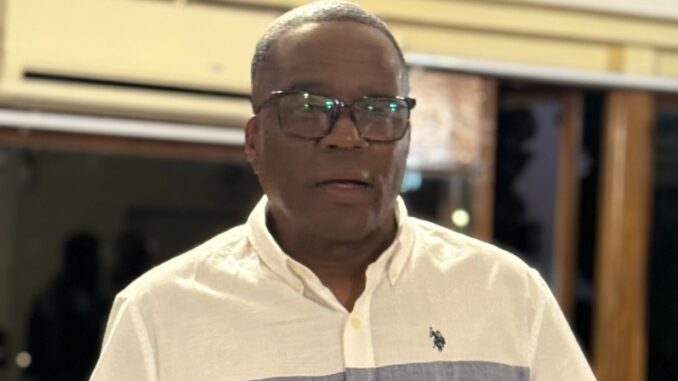



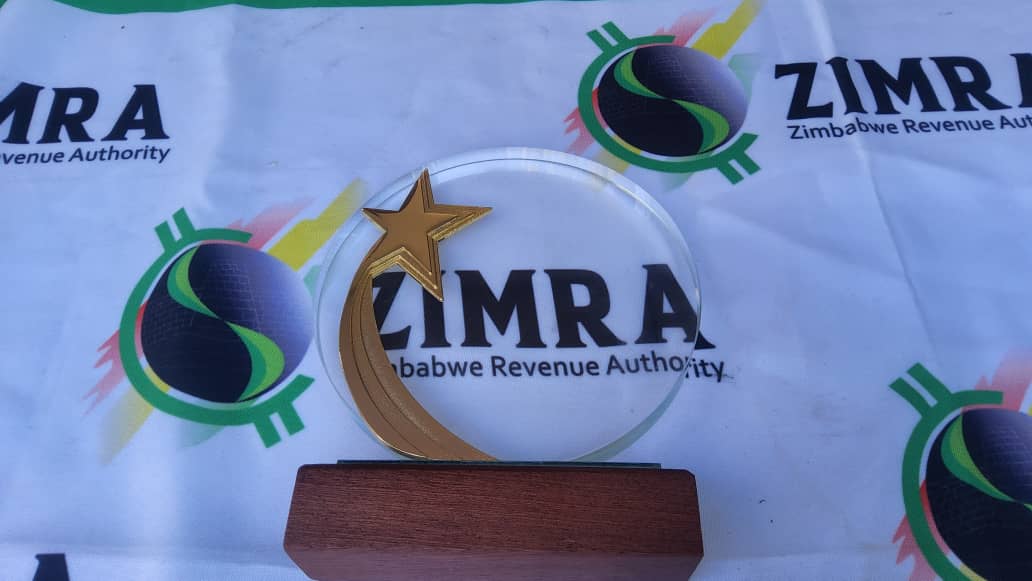

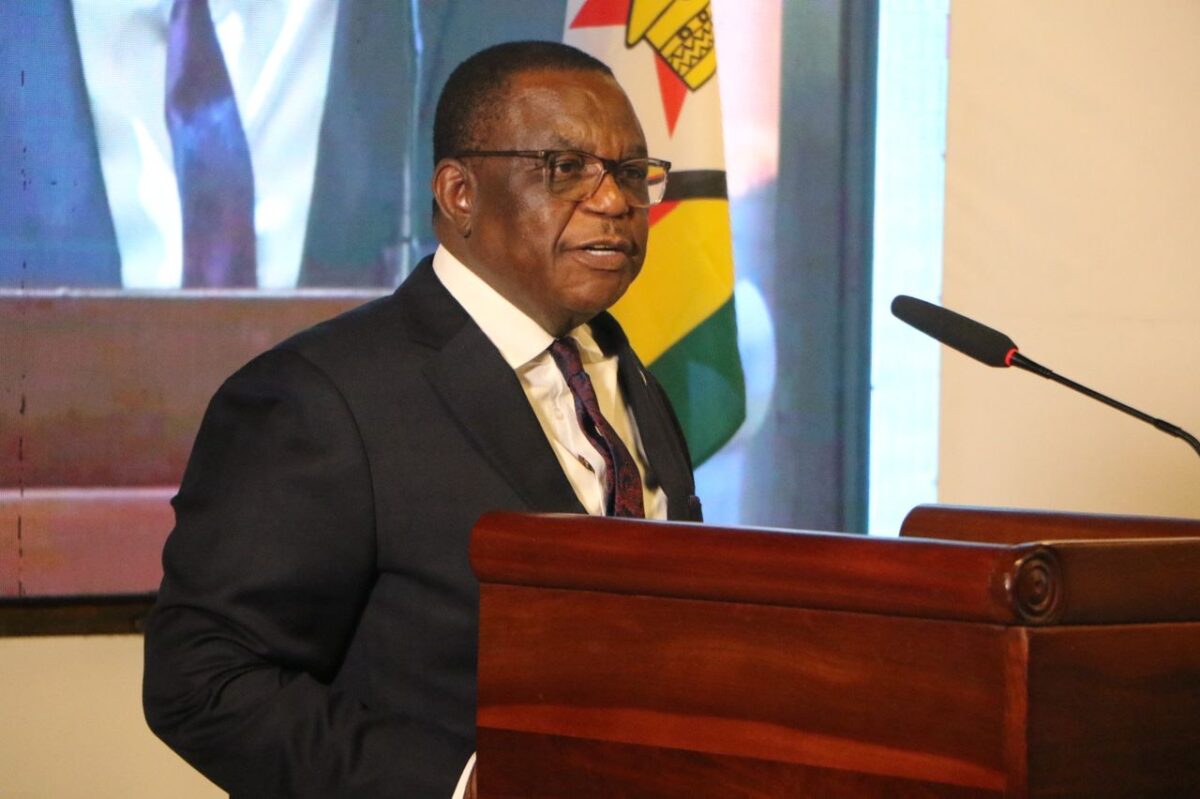
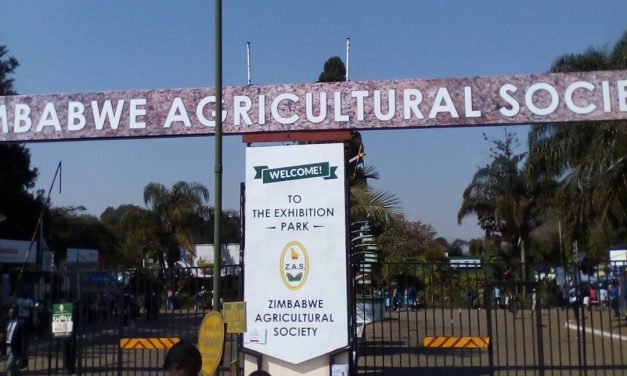
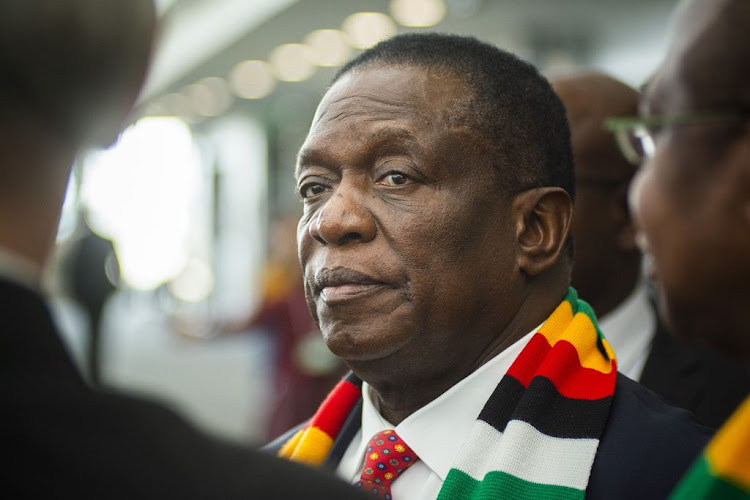

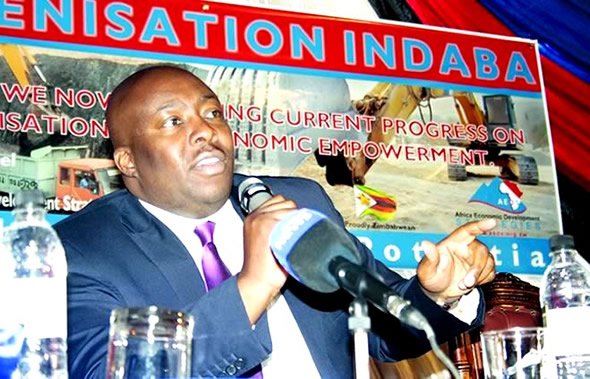
 Young Investment Professional (YIP) Graduate Programme 2019
Young Investment Professional (YIP) Graduate Programme 2019
Editor's Pick